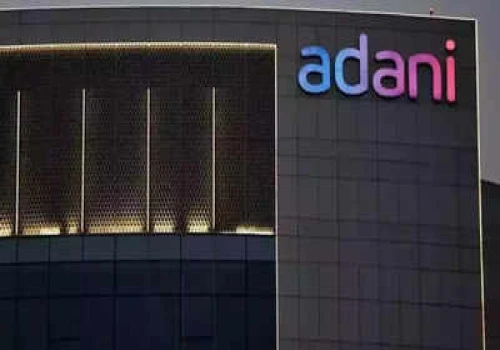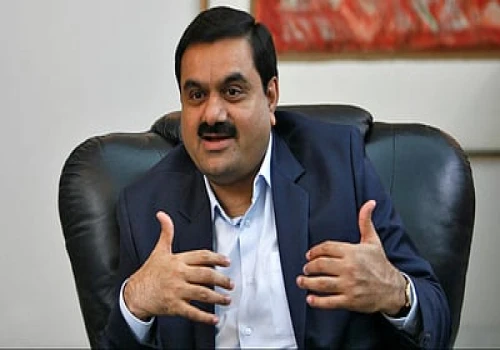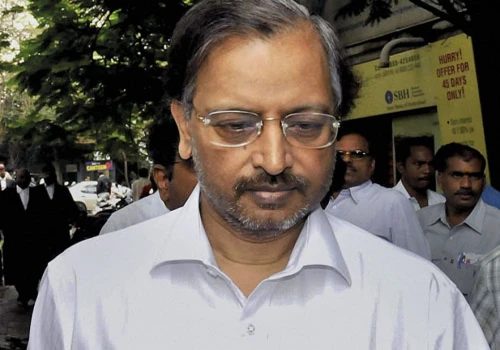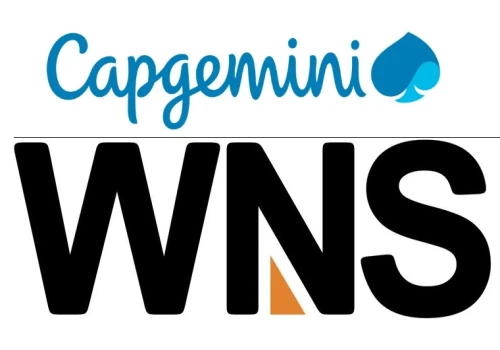_2100_x_1470.webp)
Arvind Krishna, chairman and CEO of IBM, saw his total compensation jump a significant 23% in 2023, reaching a hefty $20.398 million. This news comes alongside the reveal that average employee compensation at IBM grew by a much smaller 6.89% in the same year.
The hefty raise for Krishna is tied to his achievement of major financial objectives set by the board. These objectives included revenue and operating cash flow targets, along with growth in key business segments like Software and Consulting. While IBM fell slightly short of the revenue goal, exceeding the operating cash flow target secured Krishna a significant payout.
This significant pay disparity between Krishna and the average IBM employee has sparked discussions about income inequality and executive compensation practices. While Krishna's raise is tied to achieving financial goals, the much smaller increase for employees raises questions about how much of the company's success is shared with the workforce that helps achieve it.
Beyond the CEO's Paycheck
The article delves deeper, highlighting other noteworthy details from IBM's proxy statement:
- IBM completed nine acquisitions in 2023.
- The company invested heavily in research and development (R&D) and engineering, spending $7 billion.
- Shareholders received a substantial payout of $6 billion.
- The average total compensation for IBM employees reached $65,463, with a flat base salary of $45,197.
- The significant gap between Krishna's pay and the median employee's pay translates to a CEO-to-median employee pay ratio of 312:1, which is higher than the previous year's ratio of 271:1.
Shareholder Vote Looms
The proxy statement disclosing this pay information comes ahead of IBM's annual shareholder meeting on April 30th. This meeting will provide shareholders with the opportunity to weigh in on executive compensation practices.
In addition to executive pay, other topics up for a vote include the appointment of an independent accounting firm and a request for a report on lobbying activities.
A Discussion on Equity
The significant difference between Krishna's compensation and that of the average IBM employee is likely to be a major talking point at the shareholder meeting. Proponents of high CEO pay argue that it incentivizes strong leadership and performance. Critics argue that such pay packages are excessive and contribute to income inequality, while not necessarily reflecting the contributions of the broader workforce.
The upcoming shareholder vote offers an opportunity for a deeper discussion on how companies balance rewarding leadership with ensuring fair compensation practices for all employees.











